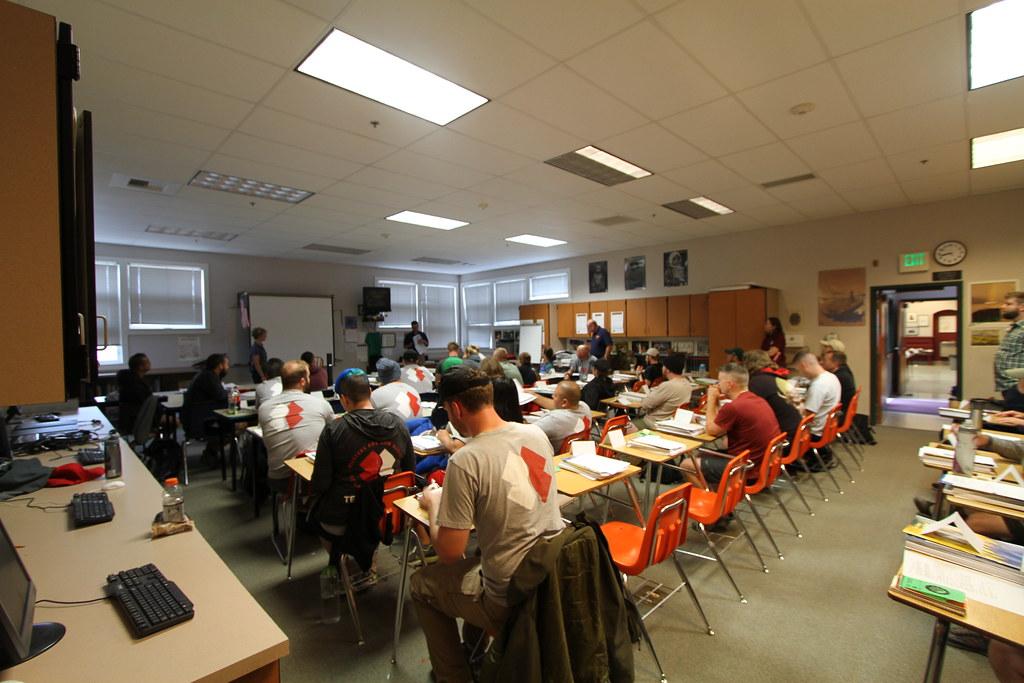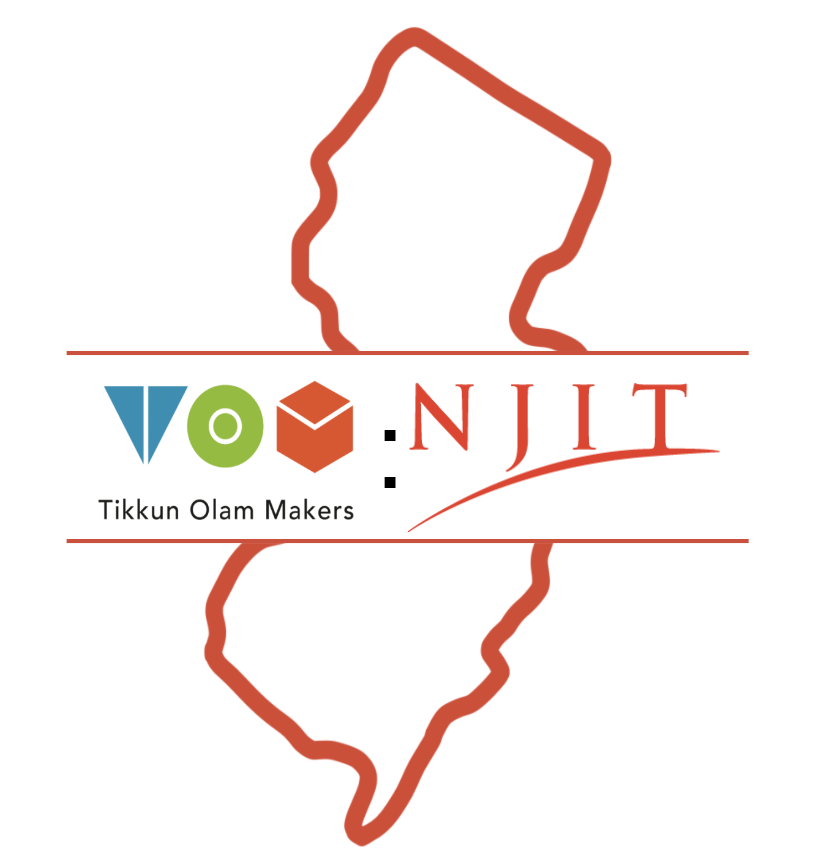NJIT’s Institute of Teaching Excellence allows instructors on campus to discover the best methods to create effective learning environments for students. “The institute has been really interested in the best practices for teaching in general, but there’s definitely an emphasis on teaching with technology,” said Nicole Bosca, Associate Director of the institute and Associate Director of Online Teaching and Course Development.
The program began in September 2015, when the Martinson Family Foundation provided grant funding to support its initiation. “We wanted faculty to have a place on campus where they could get that support, get that professional development, and go to workshops, whether it’s because they wanted help, or just because they wanted to learn more,” she mentioned.
Director of the institute Dr. Basil Baltzis initially came up with the idea for the Newark College of Engineering. At the time, Baltzis was Senior Vice Provost for Academic Affairs & Student Services; he pitched this idea to Dr. Fadi Deek, Provost and Senior Executive Vice President at the time, thinking that engineering professors would benefit from having these means of support.
Deek was pleased to hear about this idea and decided it was best to apply it to the entire university rather than just the engineering department. Baltzis and Deek have since stepped down from their provost positions to become professors in chemical engineering and mathematical sciences respectively. Both have attained the designation of Master Teacher, which is the “highest distinction given by the Provost to tenured NJIT faculty members who have a sustained record of recognized teaching excellence” according to the institute’s website.
Some of the workshops the institute hosts include full-day ones for instructors, those for new faculty development, and ones for new university lecturers and professors of practice development. There are also workshops for teaching assistants and adjunct faculty, but those are currently inactive.
“We have run adjunct events in the past, and we know adjuncts definitely want professional development experiences, but we’re also sensitive to adjuncts’ demands on their time,” Bosca explained. “A lot of adjuncts work at multiple universities; they don’t necessarily have dedicated offices; and some are industry professionals. How do you get somebody who works full time and then just teaches night class once a week, to then also be able to do these workshops?”
She also addressed that teaching assistants have such a workload already: doing research, assisting with grading, and completing their own studies. “I think it’s like a cultural shift that we’re trying to create on campus that helps teaching assistants understand the value of being prepared to teach and not just do research,” Bosca said.
The institute also hosts forums for faculty from other universities to speak to NJIT instructors about how they’re implementing strategies in their classrooms, whether that be inclusive teaching or active learning.
“We look for instructors who are doing things that are innovative,” she commented. “Sometimes, we look for speakers who will address what’s happening with STEM; we’ve had instructors come in to talk about doing National Science Foundation grants.”
Bosca feels that even though her full-time job is in the Office of Online Programs, she is more passionate about her work with the institute. She is currently working towards her Ph.D. in education after having taught at NJIT, Montclair State University, and Pace University.
“What’s really interesting about higher education is that you have professors who are experts in their fields; they’ve gone through so much training and graduate degrees to become these experts,” she said, “but they don’t necessarily have any formal training with teaching.” The institute sometimes serves as the first opportunity for faculty to learn about educational theory and pedagogy.
On Jan. 12, the institute hosted one of its full-day workshops during which a panel of Active Learning Grant awardees spoke about their experiences revising syllabi to include weekly active learning activities for students.
Full-time Humanities and Social Sciences lecturer Carol Bruzzano currently teaches first-year writing courses. She had students publish their works on Canvas, NJIT’s online learning platform. “This allowed for students to create compositions for authentic audiences: their peers at NJIT, which further supported engagement and ‘active’ participation in the teaching and learning processes in the classroom,” she said.
Dr. Ashish Borgaonkar, Assistant Professor in the School of Applied Engineering and Technology, implements a strategy called the “minute paper,” for which students are asked to write in one minute something they found interesting or confusing during the class. “This quick activity allows me to immediately update the next lesson plan to address any gaps or lack of understanding in any concepts I covered,” he commented.
Dr. Aichih Jasmine Chang, Assistant Professor of Business Data Science, mentioned that instead of calling names, which is a time-consuming and tedious method of taking attendance, she has created more than 20 Kahoot quizzes to not only simultaneously take attendance for both face-to-face and remote students, but to also create a fun, competing way to enhance interactions among students.
“Even though the quizzes are ungraded, students do focus more on the lectures in an attempt to win the Kahoot games and feel good when their names are announced as winners,” she said. “Each subject may have its own limitations, and it is technically difficult to adopt all the active learning strategies in my courses, but it is confirmed through the discussion that hands-on, application learning strategies are effective and efficient, regardless in what format.”
Senior university lecturer in the Department of Chemistry and Environmental Science David Fisher similarly commented that the grant allowed him to embrace the hands-on experiences in his forensic science introduction course specifically.
In addition to having grant winners involved with the program speak on the panel, there are many regular attendees of workshops and events the institute hosts.
Padma Natarajan, senior university lecturer in the Department of Mathematical Sciences, feels that she has gained tremendous amounts of knowledge from the institute. “The events helped me learn about Open Educational Resources, gamification strategies, and tools available on Canvas such as VoiceThread,” she said. “I hope it continues to organize such events on campus.”
A few years ago, senior university lecturer in Mechanical and Industrial Engineering Dr. Jaskirat Sodhi won one of the grants during its initial offerings. He has been implementing strategies he’s learned since his first semester of involvement, Spring 2016.
“I have my students create an e-portfolio to showcase their projects. The idea is to demonstrate proficiency in skills such as a programming language, which can also be hyperlinked on a resume,” he explained. “I have had at least four students reach out to me after graduating about how this has helped them in getting a job or internship; their hiring managers mentioned that this e-portfolio made them stand out.”
Dr. Maria Stanko, Senior University Lecturer in the Department of Biological Sciences, stated that Gradescope on Canvas revolutionized exam grading for her. “It is a really useful tool that helps me get grades and feedback on exams to students much more quickly, and it makes it much easier for me to make sure I’m scoring exam questions using a consistent rubric, so it means that grading is more transparent and fairer for students,” she said.
Borgaonkar encouraged, “I have seen a steady increase in faculty engagement at sessions, but I feel that it can be even stronger. The higher the faculty involvement, the higher will be the overall reach and impact of these wonderful initiatives.”
NJIT’s Institute of Teaching Excellence continues to inspire instructors to find new ways to engage with their classrooms successfully. Professor of Electrical and Computer Engineering Dr. John Carpinelli said, “NJIT is a better place to learn because of the institute.”





























